
Atropine is an alkaloid obtained from the plant Atropa belladonna. It is used in treatment of numerous eye conditions. It belongs to a group of anticholinergics and reduces the parasympathetic action on the muscles and glands.
Usage of Atropine Eye Drops
Atropine eye drops block muscarinic receptors of the eye. These receptors are in charge with control of the size of the pupils. The eye drops also have influence on ciliary muscle of the eye and prevent accommodation. To sum up, atropine eye drops lead to dilatation of pupils and relax the lens. These effects are required during eye examination. Eye drops are also used for ocular surgeries such as cataract surgery, retina laser surgeries and vitrectomy.
They are also given to patients suffering from uveitis (inflammation of the middle layer of the eye). The purpose of the eye drops in this condition is relaxation of the eye muscles which are inflamed. Furthermore, atropine eye drops are also helpful in alleviation of pain caused by iridocyclitis. And finally, they are given to patients suffering from malignant form of glaucoma.
Contraindication of Atropine Eye Drops
These eye drops are not supposed to be applied during pregnancy and breastfeeding since there is no data related to their safety.
Atropine eye drops must not be given to patients allergic to belladonna alkaloids, to patients suffering from angle closure glaucoma, patients with history of sensitivity to atropine. In patients sensitive to atropine application of atropine eye drops may result in rapid heart rate, dryness of skin and mouth. Atropine eye drops are not supposed to come in contact with soft lenses since they may cause discoloration of lenses. And finally, the person who uses atropine eye drops is not supposed to drive. These eye drops may sometimes cause blurred vision, other problems with vision and make eyes more sensitive to light.
Side Effects of Atropine Eye Drops
All side effects of atropine eye drops vary from mild to severe. In people who are sensitive even the smallest dose may cause certain side effects while in people who are not sensitive to atropine only overdosage of the eye drops leads to specific side effects.
Mild side effects include blurred vision, sensitivity to light, burning or stinging sensations and irritation of the conjunctiva.
More severe side effects of atropine eye drops require urgent medical attention and include eye pain caused by increased intraocular pressure, allergic reaction (breathing difficulties, swelling of the eyelids, lips, tongue and face and skin rash), abnormal, fast or irregular heart beats, hallucinations, dry mouth or skin, redness of skin, dizziness, vomiting, headache, and problems with urination.



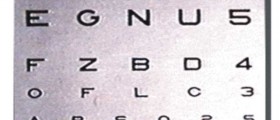


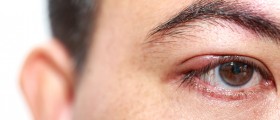
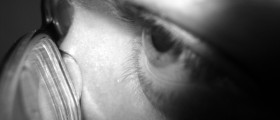

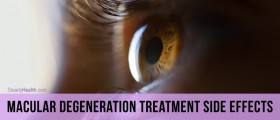
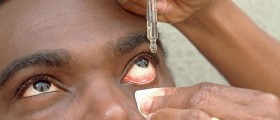

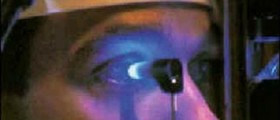


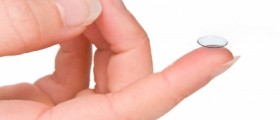
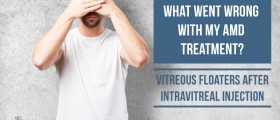
Your thoughts on this
Loading...